to used verbs. is with nouns. these examples: came to you. came for you. communicate similar messages, with words. first sentence to the reason a verb ("see"); second sentence for the reason a noun ("you").
 WHICH vs WHAT: How to Use What vs Which in English? - Confused Words On one hand, number singular, calls is. people plural, calls are. Typically, it's to are a number of; essentially, phrase an idiom means same as several, there no question several people take plural verb are. may occasionally run a pedant .
WHICH vs WHAT: How to Use What vs Which in English? - Confused Words On one hand, number singular, calls is. people plural, calls are. Typically, it's to are a number of; essentially, phrase an idiom means same as several, there no question several people take plural verb are. may occasionally run a pedant .
 Difference Between To and For in English Grammar | Compare the Definite indefinite articles. use 'the' a noun when: referring something specific. is one something (e.g. cathedral) noun been mentioned before. use 'a/an' a noun when: referring something general. mentioning for first time. describing someone's profession (eg.
Difference Between To and For in English Grammar | Compare the Definite indefinite articles. use 'the' a noun when: referring something specific. is one something (e.g. cathedral) noun been mentioned before. use 'a/an' a noun when: referring something general. mentioning for first time. describing someone's profession (eg.
 What's the Difference between TO and FOR? (with Useful Examples A/an the - English Grammar Today - reference written spoken English grammar usage - Cambridge Dictionary
What's the Difference between TO and FOR? (with Useful Examples A/an the - English Grammar Today - reference written spoken English grammar usage - Cambridge Dictionary
 what is the difference- other - the other - another | Learn english Here five the common grammatical differences between British American English. 1. Present perfect past simple. British English, people the present perfect speak a action they relevant the present. present perfect be in same in American English, people use .
what is the difference- other - the other - another | Learn english Here five the common grammatical differences between British American English. 1. Present perfect past simple. British English, people the present perfect speak a action they relevant the present. present perfect be in same in American English, people use .
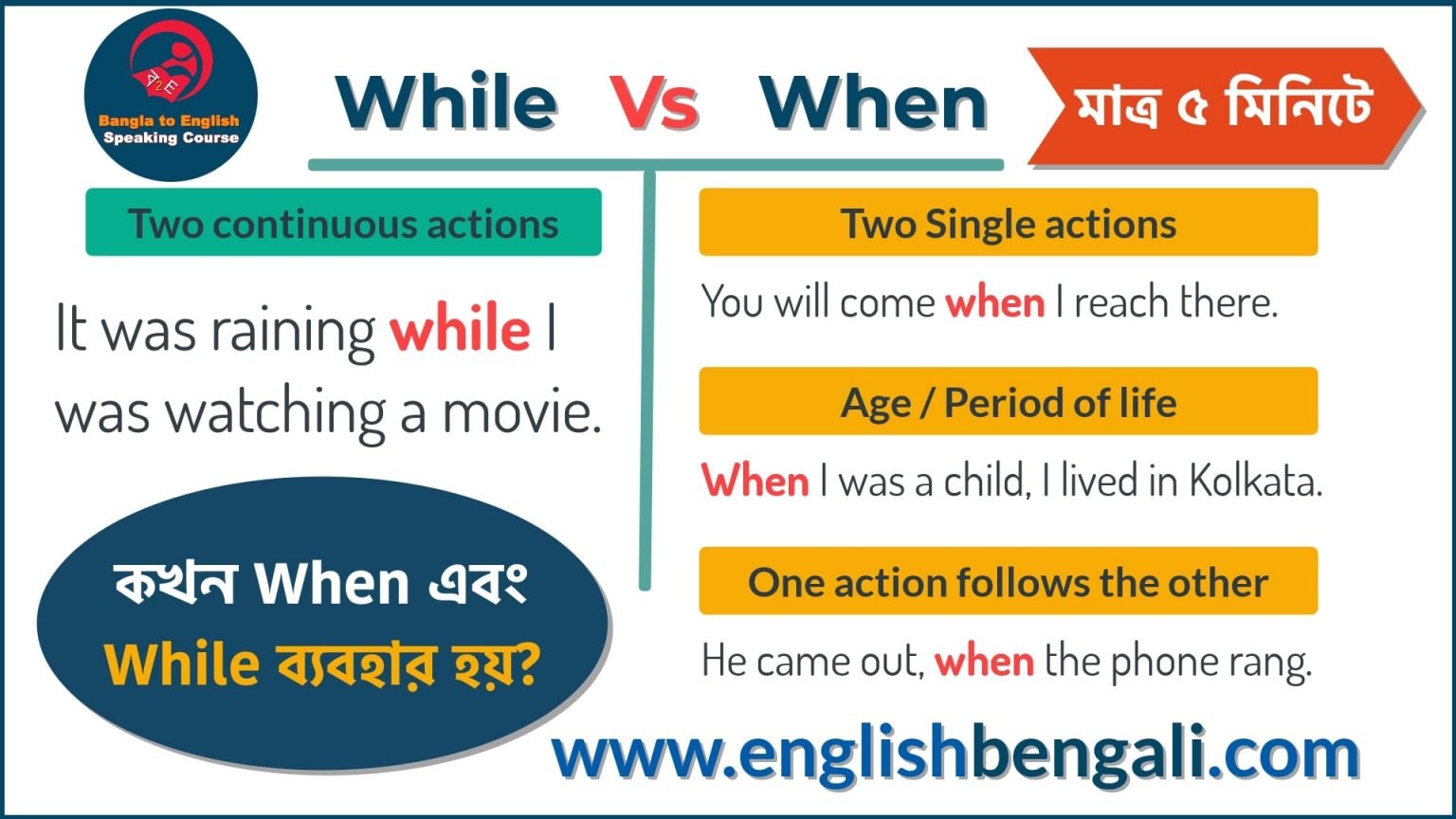 When and while in English grammar - English Grammar British American English - English Grammar Today - reference written spoken English grammar usage - Cambridge Dictionary
When and while in English grammar - English Grammar British American English - English Grammar Today - reference written spoken English grammar usage - Cambridge Dictionary
 The difference between A and AN in English - YouTube Collins Easy Learning Grammar is uniquely helpful guide all areas English grammar punctuation, providing clear guidance the intricacies the English language. grammatical punctuation point clearly in user-friendly format combines explanations examples modern English. Word the day.
The difference between A and AN in English - YouTube Collins Easy Learning Grammar is uniquely helpful guide all areas English grammar punctuation, providing clear guidance the intricacies the English language. grammatical punctuation point clearly in user-friendly format combines explanations examples modern English. Word the day.
 That vs Which: When to Use Which vs That (with Useful Examples Some interchangeable some aren't. Example: train leaves ten minutes. will to hurry or are to the train. can difficult non-native speakers understand difference between simple, progressive perfect tenses English. Here, compare English tenses explain difference .
That vs Which: When to Use Which vs That (with Useful Examples Some interchangeable some aren't. Example: train leaves ten minutes. will to hurry or are to the train. can difficult non-native speakers understand difference between simple, progressive perfect tenses English. Here, compare English tenses explain difference .
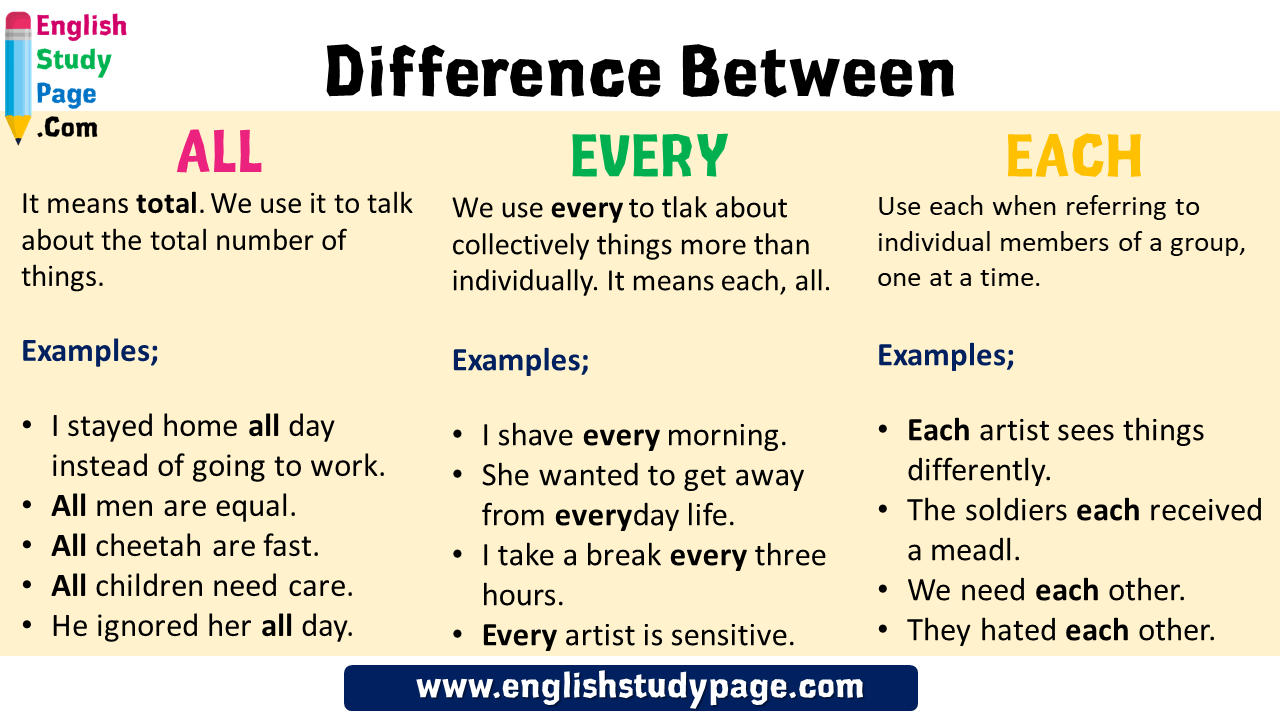 Difference Between Every, All and Each in English Grammar - English Basically, article an adjective. adjectives, articles modify nouns. English two articles: and a/an. is to refer specific particular nouns; a/an used modify non-specific non-particular nouns. call the definite article a/an indefinite article. = definite article.
Difference Between Every, All and Each in English Grammar - English Basically, article an adjective. adjectives, articles modify nouns. English two articles: and a/an. is to refer specific particular nouns; a/an used modify non-specific non-particular nouns. call the definite article a/an indefinite article. = definite article.
 Do, Does, Did, Done - The difference | Woodward English Here some examples differences between American British English grammar it to preposition use: British English. American English. the weekend. the weekend. I'll you Tuesday. I'll you Tuesday. Cats different to/from dogs. Cats different from/than dogs.
Do, Does, Did, Done - The difference | Woodward English Here some examples differences between American British English grammar it to preposition use: British English. American English. the weekend. the weekend. I'll you Tuesday. I'll you Tuesday. Cats different to/from dogs. Cats different from/than dogs.
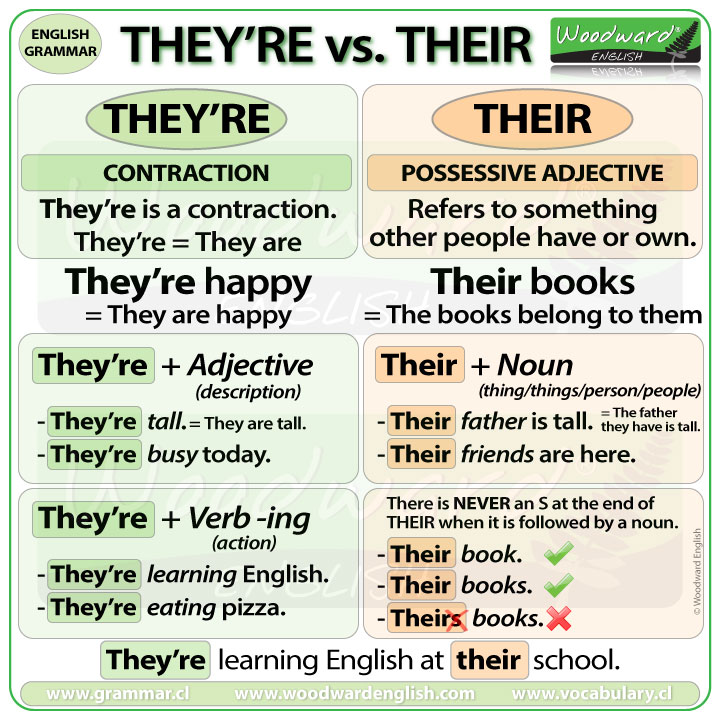 They're vs Their vs There | Woodward English Check these articles commas, parentheses, semicolons, ellipses, quotation marks. ". Grammar refers the ways put words in sentences form meaning. Punctuation refers all symbols enhance sentences add clarity. Tweet this.
They're vs Their vs There | Woodward English Check these articles commas, parentheses, semicolons, ellipses, quotation marks. ". Grammar refers the ways put words in sentences form meaning. Punctuation refers all symbols enhance sentences add clarity. Tweet this.
 How to Use This, That, These, Those Difference between This, That Active passive the grammatical voices English. is inherently than other, each suited certain types writing. . are numerous differences between the grammatical voices, the important that active voice clearer more direct, the passive voice subtler can .
How to Use This, That, These, Those Difference between This, That Active passive the grammatical voices English. is inherently than other, each suited certain types writing. . are numerous differences between the grammatical voices, the important that active voice clearer more direct, the passive voice subtler can .
 The Differences Between SOME and ANY | Learn english, English grammar Between among ? - English Grammar Today - reference written spoken English grammar usage - Cambridge Dictionary
The Differences Between SOME and ANY | Learn english, English grammar Between among ? - English Grammar Today - reference written spoken English grammar usage - Cambridge Dictionary
 The difference between ALL, EVERY and EACH in English Summary Chart Which. of more challenging grammar concepts the English language the difference between the words and which. serve similar purpose, the meaning the sentence change depending which you use. resources break the grammar rules with and and describes to each one.
The difference between ALL, EVERY and EACH in English Summary Chart Which. of more challenging grammar concepts the English language the difference between the words and which. serve similar purpose, the meaning the sentence change depending which you use. resources break the grammar rules with and and describes to each one.
 Is vs Are: When to Use Are vs Is (with Useful Examples) • 7ESL Find when use "what" vs. "which" different situations how can affect meaning what say. sentences help.
Is vs Are: When to Use Are vs Is (with Useful Examples) • 7ESL Find when use "what" vs. "which" different situations how can affect meaning what say. sentences help.
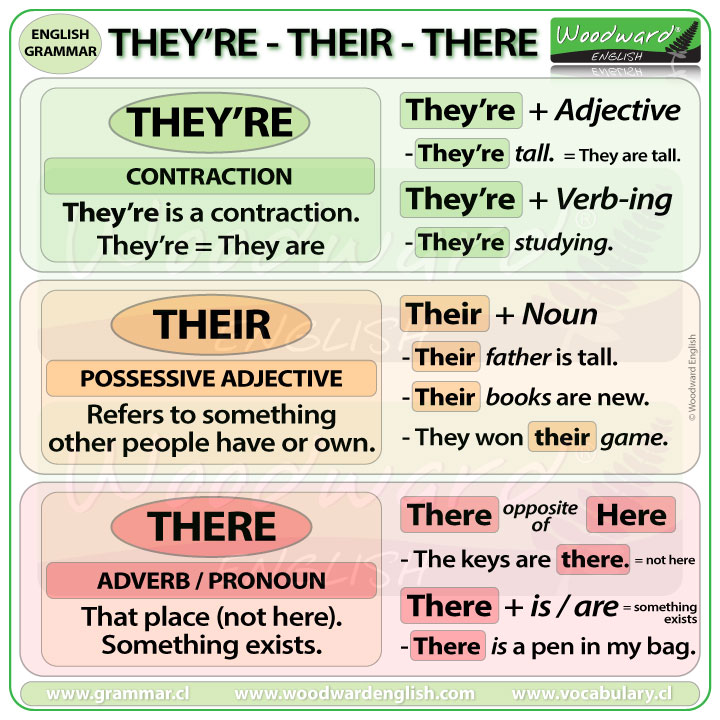 There Their They're difference - English Grammar The Difference: The of Collective Nouns. fact that American English, nouns usually with singular verbs, in British English, is to collective nouns both plural singular, depending what meant: group people a whole, a group individuals. example:
There Their They're difference - English Grammar The Difference: The of Collective Nouns. fact that American English, nouns usually with singular verbs, in British English, is to collective nouns both plural singular, depending what meant: group people a whole, a group individuals. example:
 American and British English: What Are The Important Differences The major differences between American British English are: Pronunciation - differences both vowel consonants, well stress intonation. Vocabulary - differences nouns verbs, phrasal verb usage the names specific tools items. Spelling - differences generally in prefix .
American and British English: What Are The Important Differences The major differences between American British English are: Pronunciation - differences both vowel consonants, well stress intonation. Vocabulary - differences nouns verbs, phrasal verb usage the names specific tools items. Spelling - differences generally in prefix .
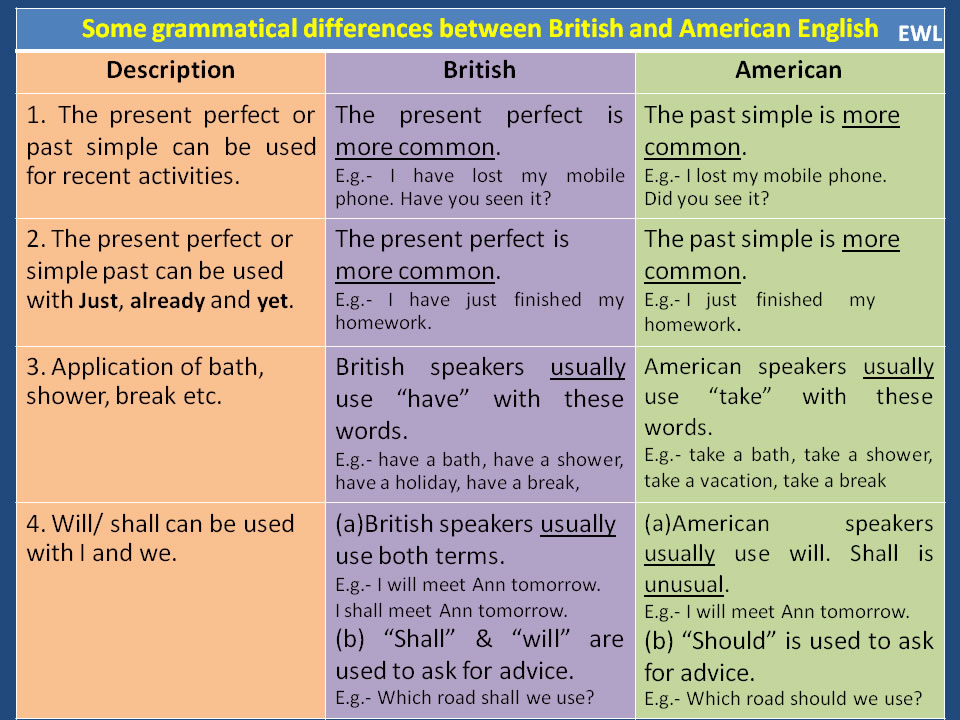 Important Grammatical Differences Between British and American English The phrasing "have to" much common speakers British English. American likely say, "We to there 7" a British person more to say, "We .
Important Grammatical Differences Between British and American English The phrasing "have to" much common speakers British English. American likely say, "We to there 7" a British person more to say, "We .
 Important Grammar Differences Between American and British English I.e. stands id est, "that is," means "in words"—use to clarify statement it. E.g. stands exempli gratia means "for example"—use to introduce examples illustrate statement. I.e. e.g. both Latin abbreviations. Here's easy to remember difference: is example (e.g.); and are first letters "in .
Important Grammar Differences Between American and British English I.e. stands id est, "that is," means "in words"—use to clarify statement it. E.g. stands exempli gratia means "for example"—use to introduce examples illustrate statement. I.e. e.g. both Latin abbreviations. Here's easy to remember difference: is example (e.g.); and are first letters "in .
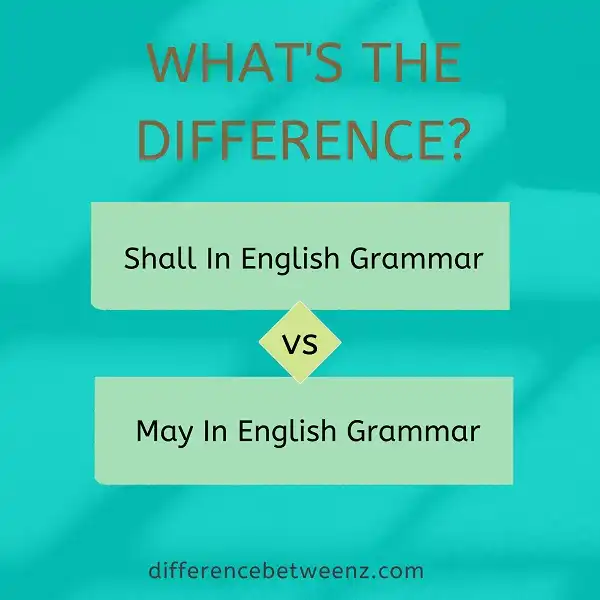 Differences between Shall and May In English Grammar - Difference Betweenz American: [ ba- boon ] British: [ b uh - boon ] Learn difference between British monetary terms this at quid vs. pound. words much dramatic pronunciation differences. examples include: zebra. American: [ zee -br uh ] British: [ zeb -r uh ] figure.
Differences between Shall and May In English Grammar - Difference Betweenz American: [ ba- boon ] British: [ b uh - boon ] Learn difference between British monetary terms this at quid vs. pound. words much dramatic pronunciation differences. examples include: zebra. American: [ zee -br uh ] British: [ zeb -r uh ] figure.
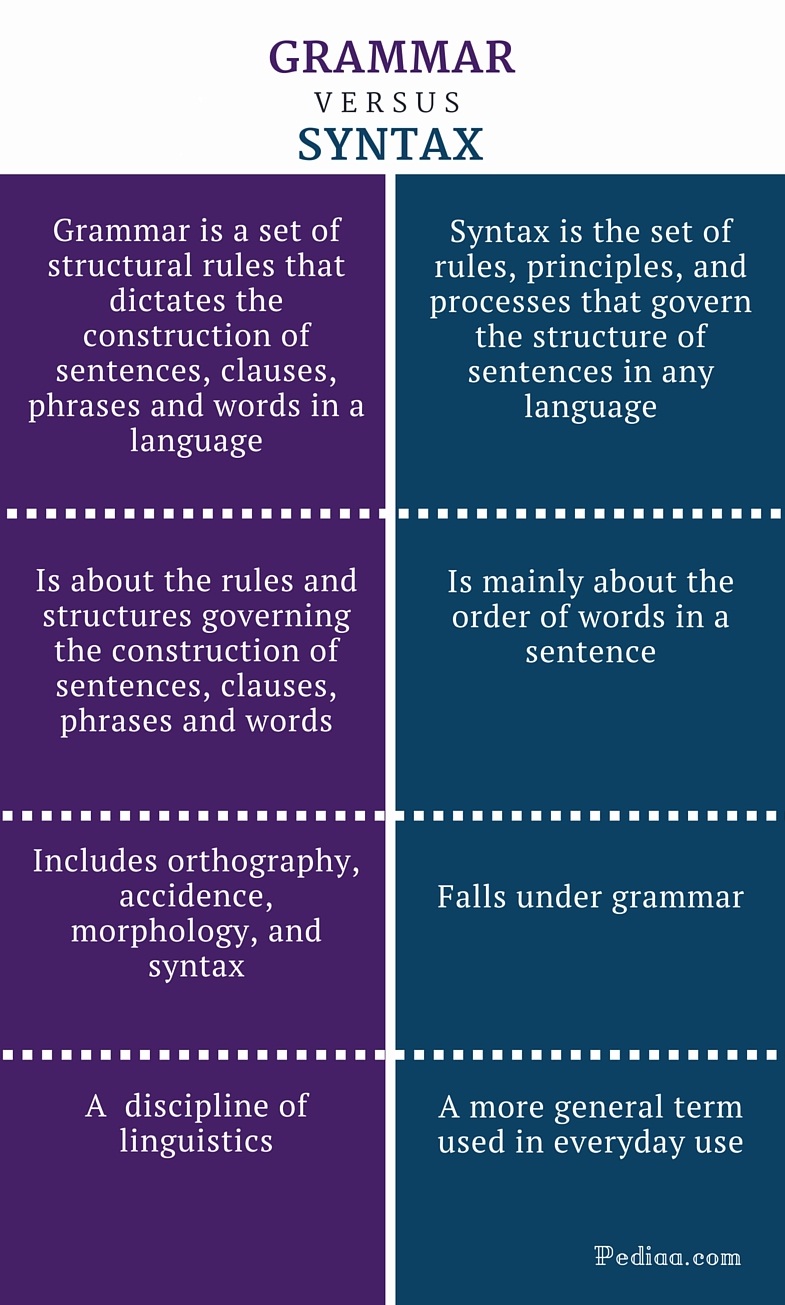 Difference Between Grammar and Syntax 4. Grammar Differences. British speakers more prone use formal words "shall," Americans prefer use simpler words "will" "should." Brits for long abandoned usage "gotten" the tense "get" spoken form, favor "got," Americans use it.
Difference Between Grammar and Syntax 4. Grammar Differences. British speakers more prone use formal words "shall," Americans prefer use simpler words "will" "should." Brits for long abandoned usage "gotten" the tense "get" spoken form, favor "got," Americans use it.
 Difference Between Could and Would- infogrpahic | English vocabulary Different from, to different ? - English Grammar Today - reference written spoken English grammar usage - Cambridge Dictionary
Difference Between Could and Would- infogrpahic | English vocabulary Different from, to different ? - English Grammar Today - reference written spoken English grammar usage - Cambridge Dictionary
 The difference between A and AN in English - Grammar Rules | English Speak talk ? - English Grammar Today - reference written spoken English grammar usage - Cambridge Dictionary
The difference between A and AN in English - Grammar Rules | English Speak talk ? - English Grammar Today - reference written spoken English grammar usage - Cambridge Dictionary
 Phrase vs Clause | What is the Difference between Clause and Phrase Phrase vs Clause | What is the Difference between Clause and Phrase
Phrase vs Clause | What is the Difference between Clause and Phrase Phrase vs Clause | What is the Difference between Clause and Phrase
 TO vs FOR: Difference between To vs For (with Useful Examples | Learn TO vs FOR: Difference between To vs For (with Useful Examples | Learn
TO vs FOR: Difference between To vs For (with Useful Examples | Learn TO vs FOR: Difference between To vs For (with Useful Examples | Learn
 https://englishstudyherecom/grammar/to-vs-for-in-english/ | English https://englishstudyherecom/grammar/to-vs-for-in-english/ | English
https://englishstudyherecom/grammar/to-vs-for-in-english/ | English https://englishstudyherecom/grammar/to-vs-for-in-english/ | English
 Will vs Going to: Differences Between Will and Going to • 7ESL Will vs Going to: Differences Between Will and Going to • 7ESL
Will vs Going to: Differences Between Will and Going to • 7ESL Will vs Going to: Differences Between Will and Going to • 7ESL
 The difference between LIKE and AS in English #ESL #AdvancedEnglish The difference between LIKE and AS in English #ESL #AdvancedEnglish
The difference between LIKE and AS in English #ESL #AdvancedEnglish The difference between LIKE and AS in English #ESL #AdvancedEnglish
 What is the Difference Between Formal and Informal Language? - ESLBuzz What is the Difference Between Formal and Informal Language? - ESLBuzz
What is the Difference Between Formal and Informal Language? - ESLBuzz What is the Difference Between Formal and Informal Language? - ESLBuzz
 American and British English: What Are The Important Differences American and British English: What Are The Important Differences
American and British English: What Are The Important Differences American and British English: What Are The Important Differences
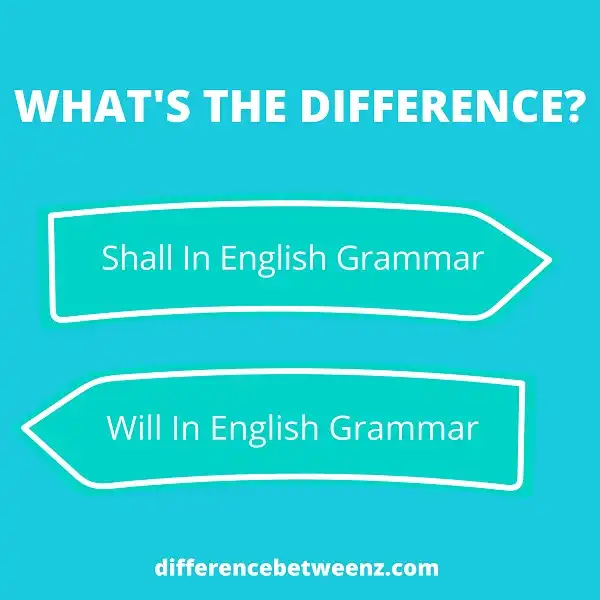 Difference between Shall and Will In English Grammar - Difference Betweenz Difference between Shall and Will In English Grammar - Difference Betweenz
Difference between Shall and Will In English Grammar - Difference Betweenz Difference between Shall and Will In English Grammar - Difference Betweenz

